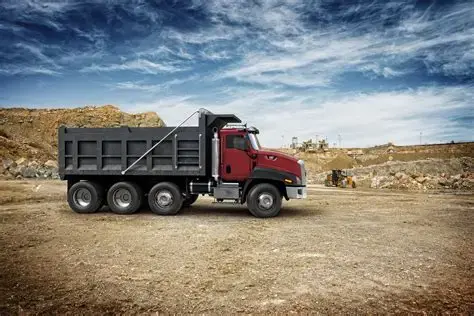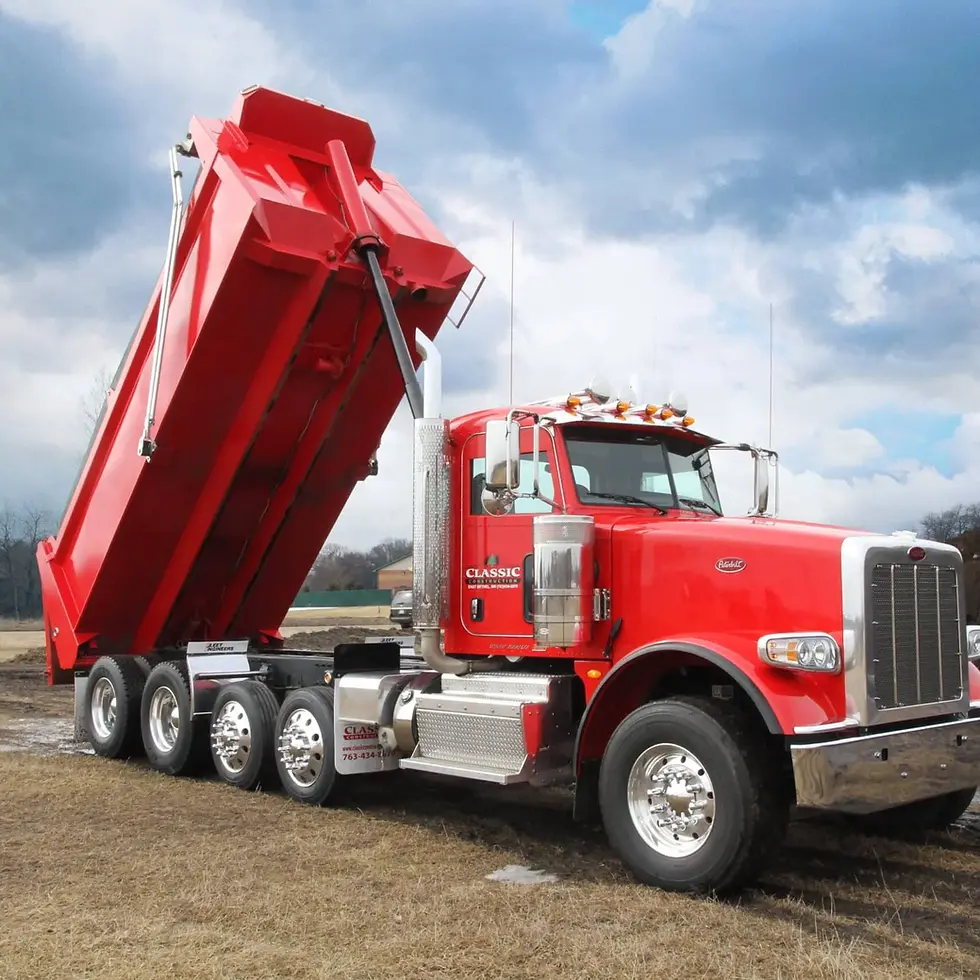How to Price Dump Truck Jobs for Maximum Profit
- Nate Jones, CPCU, ARM, CLCS, AU

- Sep 22, 2025
- 3 min read
Running a dump truck business can be highly profitable—but only if you price your jobs correctly. Whether you're a seasoned hauler or just starting out, understanding how to quote jobs accurately is essential to avoid undercharging and ensure long-term success.

In this guide, we’ll break down how to price dump truck jobs for maximum profit, including key cost factors, pricing models, and how the right business insurance from Wexford Insurance can protect your operation.
1. Understand Your Operating Costs
Before you can set profitable rates, you need to know your cost per load, per mile, or per hour. These costs typically include:
Fuel: Diesel prices fluctuate. As of late 2024, the U.S. average was $3.49/gallon. Always factor in current rates.
Maintenance & Repairs: Tires, brakes, hydraulics, and suspension wear down quickly—especially with heavy loads.
Driver Wages: Whether you pay hourly or per load, labor is a major cost.
Insurance: Commercial auto, cargo, and liability insurance are essential. Wexford Insurance offers tailored dump truck insurance to keep you compliant and protected.
Licensing & Permits: Don’t forget registration, tolls, and special permits for certain materials.
Knowing your break-even point is the foundation of smart pricing.
2. Choose the Right Pricing Model
There are several ways to charge for dump truck services:
Per Load: Ideal for short hauls or repeat jobs. Simple and predictable.
Per Hour: Best for standby jobs or when delays are expected.
Per Mile: Great for long-distance hauls.
Contract Pricing: Useful for ongoing projects or bulk work.
Each model has pros and cons. Choose based on job type, material, and customer expectations.
3. Factor in Real-World Variables
Your quote should reflect actual job conditions. Key factors include:
Distance & Drive Time: Longer hauls mean fewer trips per day and higher fuel costs.
Material Type: Light materials (e.g., mulch) are easier to haul than heavy ones (e.g., gravel or asphalt).
Loading/Unloading Delays: Time spent waiting at quarries or job sites cuts into your profit.
Truck Capacity: Know your legal weight limits and how many loads you can realistically complete in a day.
Jobsite Conditions: Tight spaces, soft ground, or steep driveways can slow you down.
Use tools like Dump Truck Dispatcher to streamline quoting and track actual vs. quoted deliveries for better accuracy1.
4. Add a Profit Margin
Many new operators make the mistake of pricing just to cover costs. Always include a profit margin—typically 10–20%—to ensure your business remains sustainable.
5. Research Local Market Rates
Check what competitors are charging in your area. Use platforms like Craigslist, Facebook Marketplace, or local contractor forums. But don’t just undercut—differentiate your service with:
Newer trucks
Better customer service
On-time delivery
Professional invoicing and tracking
If you offer more value, you can charge more!
6. Don’t Forget Insurance
Insurance is a non-negotiable in the dump trucking business. Wexford Insurance provides:
Physical Damage Coverage
General Liability
Whether you're a fleet owner or a new venture, Wexford helps you stay protected and profitable.
Final Thoughts
Pricing dump truck jobs isn’t just about numbers—it’s about understanding your business, your market, and your value. With the right strategy and support from Wexford Insurance, you can quote confidently and grow your business profitably. Contact today!




